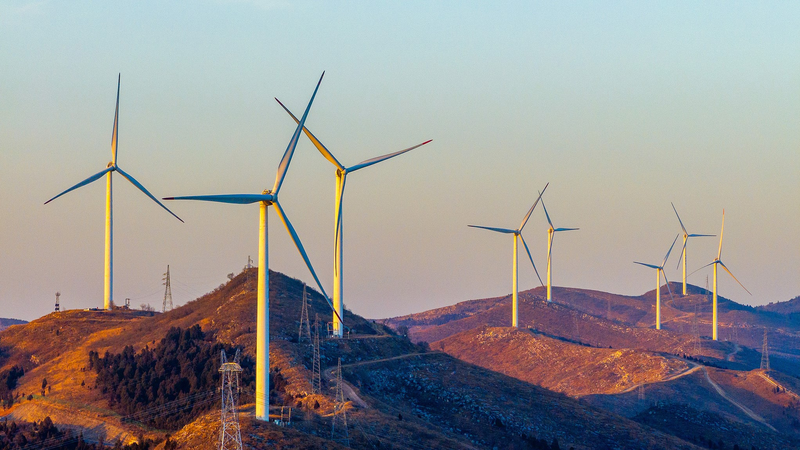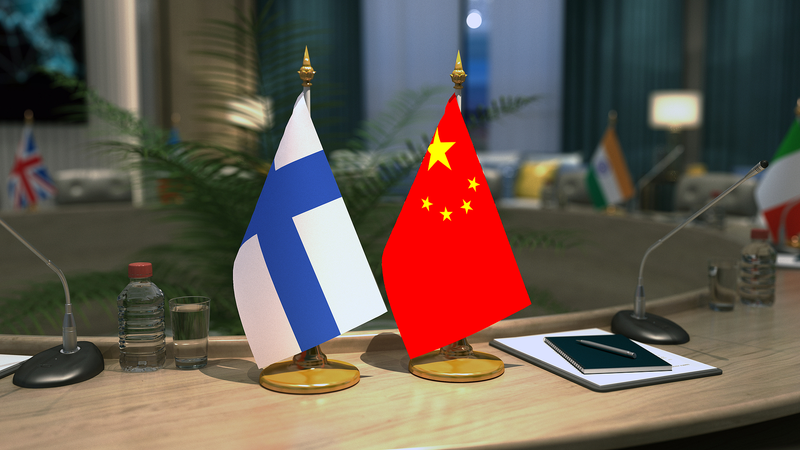Imagine a world where cleaning chemicals are safer and more eco-friendly. 🌿 That's exactly what a group of Chinese researchers have been working on! They've just developed a self-cleaning electrode that could revolutionize the way we produce important chemicals like MO₂.
So, what's MO₂? Think of it as a cooler cousin to hydrogen peroxide. 💡 It’s got amazing oxidative properties, is super stable, and is easy to store and transport. That's a big win for industries like wastewater treatment and disinfection that rely on such chemicals.
But here's the catch: making MO₂ hasn't been the most efficient process—until now! Traditional methods waste a lot of hydrogen peroxide and pose risks during transportation. That's where these innovative scientists from the Ningbo Institute of Materials Technology and Engineering (NIMTE) of the Chinese Academy of Sciences and Shanghai Jiaotong University come in.
They've designed an electrode with a special micro-nanostructure and a Teflon coating (yes, like your non-stick pans 🍳!) that makes the electrode surface practically self-cleaning. This means the MO₂ produced doesn't stick around and cause problems—it detaches easily, keeping the process smooth and efficient.
Professor Lu Zhiyi from NIMTE explains that this new electrode not only makes production more stable but also has the potential to be used for over 1,000 hours without issues. That's like playing your favorite game non-stop for over a month! 🎮
Their study was published in the prestigious journal Nature Nanotechnology on Monday, marking a significant step forward in clean technology. 🌐
Why should you care? Well, advancements like this mean cleaner water, safer products, and a healthier environment. It's science making the world a better place—something worth sharing! 🌍❤️
Reference(s):
cgtn.com




